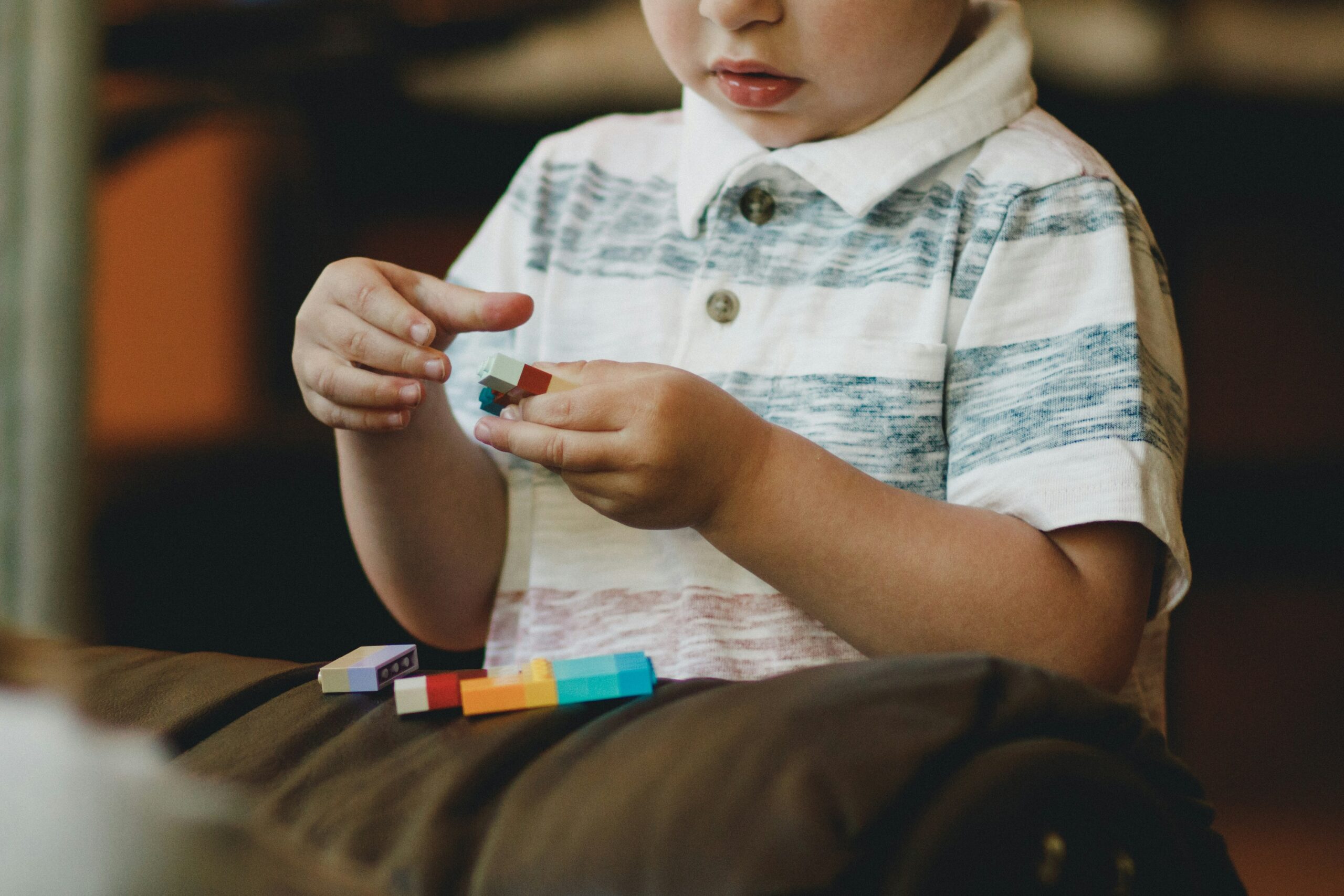When you think of neurodiverse people, you may imagine there to be unmistakable signs. For many children, however, the indicators are subtle and quietly woven into their everyday lives. Parents often mistake these clues for personality quirks or growing pains. If you are able to spot them early, it could make a world of difference. You could open many doors to support that can boost brain power and build plenty of confidence.
Neurodiversity is not a flaw. It is a different way of thinking and learning. It’s also a different way of experiencing the world around us. In this post, we are going to talk about a few hidden clues regarding neurodiverse kids that many people may brush over. These clues are not red flags or problems; they are subtle patterns of behaviour and perception that may be worth looking deeper into. Let us begin:
Amazing Memory For Specifics
Many neurodiversity children can recall the tiniest details. They will remember things that most people overlook. For instance, they may remember an exact passage from a story or an outfit somebody was wearing a month ago. Of course, this is a great strength, but they may fixate on specific details over the bigger picture. As a parent, it’s wise to understand this balance in order to adapt methods as a teacher and caregiver.
Intense Curiosity About Niche Areas
It’s common for people to have broad interests, but your child may dive deeply into a specific area. Initially, you may think it is quite strange, but it is both fascinating and endearing. They will retain facts and connections far beyond what they are expected to. Of course, passion is great, but you must bear in mind whether this focus limits other interests or impacts daily life.
Heightened Sensitivity To Changes Around Them
Even a small change in lighting or background noise may cause distraction or discomfort for them. Busy public spaces or classrooms with constant stimulation may be a struggle to get through. It may come across as fussiness, to begin with, but it’s their nervous system processing the world. You can make them feel safer and more capable of participating by making small environmental adjustments. Even tiny and seemingly insignificant changes can make a big difference.
Social Gaps, But With Advanced Language Skills
Some children are brilliant with words. They will surprise adults with a sophisticated vocabulary and accurate grammar. The issue is that they will struggle to interpret certain social cues or maintain relationships. It seems like a mismatch that shouldn’t exist, and that there shouldn’t be a dichotomy between the two aspects. It can be confusing to teachers and parents, but these intellectual strengths are likely masking social challenges. If you are able to recognise this early, you will be able to target social skills support without putting them down or dampening their enthusiasm for language.
Difficulty With Transitions
Switching between activities can be awkward. Even when it’s transitioning between enjoyable tasks, the child may become anxious or frustrated. They will not want to move from one activity to another without the right preparation. Even when prepared, the stubbornness may continue. They will need more processing time, so you could use visual schedules or countdowns to make the changes feel less overwhelming. Most people don’t like change, but this is even more of a sticking point with those on the spectrum.
Inconsistency With Many Tasks
Strangely, they will excel at a subject, and then struggle the next day. Meanwhile, there will be a few subjects that remain consistently strong. While it may be linked to levels of focus, it could also be a case of emotional state and sensory regulation issues. It may not simply be down to ability. It would be wise to explore the patterns behind these shifts. You could use an online autism test in order to provide great insight into how they learn.
Unconventional Problem-Solving
They have a brain that can devise solutions no adult would consider. When a significant challenge comes along, they think outside the box to a significant degree. Whether they are building tools from household items or inventing new rules for a game, their creativity is different from what you might initially expect. This creativity is obviously a huge asset, but it may clash with certain rigid classroom expectations. Things could get a little awkward as their thinking doesn’t always align with a teacher’s expectations. You can ensure that these inventive skills are celebrated by encouraging out-of-the-box thinking while teaching adaptability.

